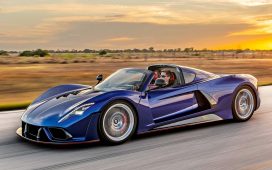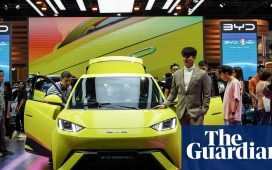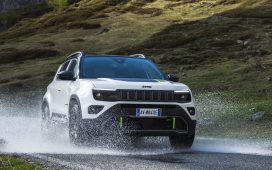Any company wishing to remain in the game therefore has to move swiftly in transitioning to EVs, as Nissan declared it would late last week with a heavily subsidised £2bn investment to make its Sunderland plant all electric by 2030.
This is obviously good news for the economy, and rather puts pay to warnings that the forced march to EVs sounded the final death knell for auto manufacturing in the UK.
Nissan’s announcement follows hard on the heels of BMW’s £600m investment in an electric Mini, and Jaguar Land Rover’s plans for a £4bn gigawatt battery factory in Somerset.
Fears that increased barriers to trade with the European Union would see all future EV investment offshored to the Continent are proving unfounded; the advantages of Britain’s flexible labour market, it would seem, outweigh the rules of origin and other export market impediments that came with Brexit.
It nonetheless remains true that to go the next mile and gain mass market appeal, EVs have to become price competitive. As things stand, the infrastructure to support them also falls woefully short.
Tesla’s Model Y was Britain’s best-selling car in June this year, but with prices starting at around £45,000, this is still very much a product for well-heeled enthusiasts only.
Surveys suggest there is a hardcore market of about 25pc of households who are almost evangelical in their desire to own an EV.
At the other extreme, there are around another quarter of car owners who would not under any circumstances buy an EV, though sadly, it is possible to actuarially chart the likely future decline of this mainly elderly group of traditionalists.
For the middle majority, the main deterrents lie around price and “range anxiety” – the fear that the car may not have enough battery power to reach an available charging point.











